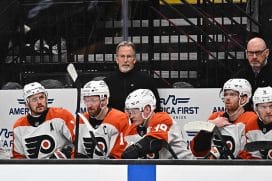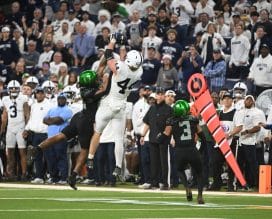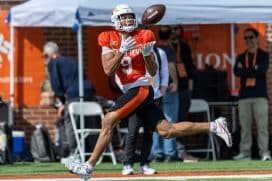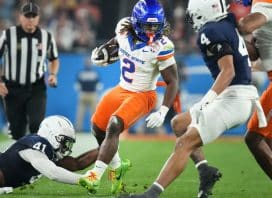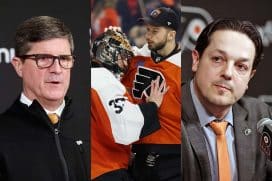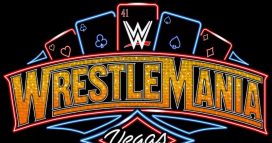Phillies
Ruben Amaro Sr. rememberence: “I would very much like to be buried with the Phillies uniform”
By: Matt Alberston, Historical Columnist
"I have a 'P' in the middle of my chest. I touched Richie Ashburn. I played behind Robin Roberts and Jim Bunning. I knew Steve Carlton and Mike Schmidt. Was there at the beginnings of Ryan Howard and Jimmy Rollins. I would very much like to be buried with the Phillies uniform," Ruben Amaro Sr. told Philadelphia Inquirer columnist Phil Sheriden in a 2009 interview. Amaro Sr. died on Friday at the age of 81, just over one week after former teammate and colleague Dallas Green passed away.
Amaro Sr. was a third generation baseball player, his father Santos played winters in Mexican and summers in Cuba and his grandfather was a Cuban Hall of Famer. The baseball life consumed young Ruben who eventually made a name for himself in the Mexican leagues and in international competitions in the 1950s. He was signed by the St. Louis Cardinals in 1953 and was noted as being a good hitter. It was during his time in Mexico that Amaro Sr. transitioned from the outfield to shortstop. His fielding was supreme. A Sporting News article commented, “[He] has shown exceptional fielding skill at shortstop. He glides around the infield with speed and deftness. If he can hit he’ll be on some major league club before long.” He quickly reached the major leagues in 1958 despite has poor hitting ability.
Amaro Sr. was traded to the Phillies after the 1958 season for Chuck Essegian; the club wanted to push shortstop Chico Fernandez but used Joe Koppe until 1960 when Koppe got hurt and Amaro was the only option at shortstop. He was called up from Triple A Buffalo and immediately inserted into the lineup and his defensive skill was quickly noticed by the Philadelphia fans. The Associated Press even noted in 1962 that Amaro Sr. was the keystone to the Philadelphia infield.
After spending time with the U.S. Army throughout 1962, the Phillies called up short stop Bobby Wine, who split time almost evenly with Amaro Sr. for four seasons between 1962 and 1965. Wine began the 1964 season as the primary starter but as the season wore on, his hitting waned and manager Gene Mauch went to Amaro Sr. regularly. Despite the partial playing time, Amaro Sr. played at a high level and earned his first – and only – gold glove. He was traded to the New York Yankees in 1965 for infielder Paul Linz.
After an unremarkable few seasons trying to fill backup roles, Amaro secured a job to manage the Mexico City Reds, but his car had temporary license plates. He drove to Harrisburg to get permanent plates and got pulled over en route. The patrolman explained that Amaro Sr. had an urgent call from Phillies farm director Paul Owens, who wanted Amaro Sr. back in the organization as a player-coach. Mauch explained that Amaro had the intelligence to be a big time manager but Amaro understood that his chance to manage in the majors was incredibly dim, due to his ethnicity.
From 1972 to 1980, Amaro Sr. acted as the Phillies' head scout in the Caribbean and assistant to Dalls Green. During this period he signed Julio Franco and Juan Samuel. He was the manager of the minor league Auburn Phillies before being promoted to first base coach in 1980, when he finally won the World Series ring that fate had possibly stolen from him in 1964. In 1982, he was again promoted, this time as Director of Latin American Affairs. He moved on from the Phillies in 1983 but returned to the club in 1999 where he served as minor-league field and defensive coordinator. Between 2001 and 2009, he served the organization as a special assignment scout and evaluated top prospects such as Cole Hamels.
Amaro dedicated the better part of six decades to baseball, the majority of which was with the Phillies. He explained that he never wanted to leave the Phillies and the times he left were the largest mistakes of his life. His dedication to the Phillies was supreme and bridged the painful 1964 collapse with the two greatest era's in Phillies history, which helped heal the wounds suffered from that season.
